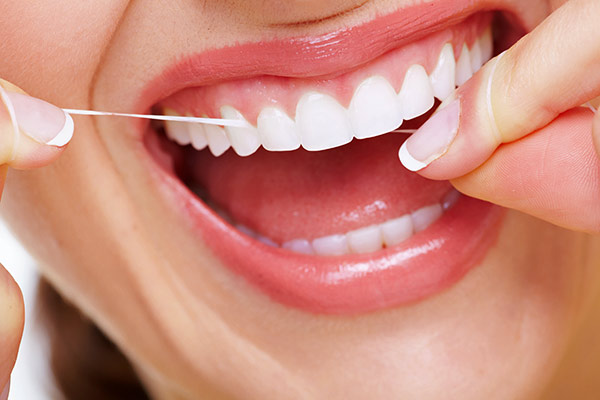Outside of Brushing: Grasping the Value of Oral Sanitation
Oral health is frequently overlooked in discussions about general wellness, yet it plays a significant role in our routine lives. Many people believe that just brushing their teeth is enough to maintain good oral hygiene, but the reality is that there is considerably more to it than that. From preventing cavities and gum disease to enhancing your confidence with a bright smile, the benefits of taking care of your oral health are substantial and wide-ranging.
Comprehending the value of oral hygiene means acknowledging the link between a healthy mouth and overall health. Poor oral hygiene can lead to serious health issues beyond just bad breath or tooth decay, including heart disease and diabetes. By putting time and effort into adequate oral care, we not only protect our teeth and gums but also add to our overall well-being, making it essential to embrace a holistic approach to oral health in our routine practices.
Importance of Oral Hygiene
Ensuring proper dental care is crucial for general well-being and well-being. Frequent brushing and using dental floss help remove food particles and plaque, which can cause cavities and periodontal disease if left unchecked. A reliable dental care routine not just protects your your teeth but additionally supports your body's defense system by reducing the chance of infections and inflammation.
Poor oral hygiene has been associated to various systemic health issues, including heart disease, sugar diabetes, and lung issues. When harmful bacteria from the mouth penetrate the bloodstream, they can add to these severe conditions. By investing time in your dental health, you are simultaneously taking preventive measures towards preventing wider medical complications that can arise from neglecting your oral care.
In furthermore to bodily health benefits, good dental care plays a significant role considerably to mental and emotional well-being. A fresh and well-maintained mouth can boost self-confidence and favorably impact social interactions. Caring for your dentition and gingiva can result in a brighter grin, which often improves a person's capacity to interact with others and enjoy life to the fullest.
Best Practices for Preserving Oral Health
To ensure optimal oral health, consistent brushing and flossing are crucial practices. citydent is recommended to brush your teeth at least twice a day using fluoride toothpaste to thoroughly remove plaque and prevent cavities. Flossing each day helps to clean between teeth and along the gum line where a toothbrush cannot reach. Creating a routine for these practices not only enhances the state of your teeth but also promotes healthier gums.
In furthermore to brushing and flossing, regular dental check-ups play a vital role in maintaining oral health. Visiting your dentist at least two a year enables prompt detection of potential issues such as cavities, gingivitis, and even oral cancer. Professional cleanings will remove tartar buildup and help keep teeth and gums in optimal condition. It is also an chance to discuss any concerns and receive personalized advice on oral care.
Diet also significantly affects oral health. Eating a balanced diet full in fruits, vegetables, whole grains, and dairy can provide the essential nutrients your teeth and gums need to stay healthy. Limiting sugary snacks and beverages can reduce the risk of decay and promote improved overall oral hygiene. Keeping hydrated and avoiding tobacco products additionally supports healthy oral conditions and contributes to a vibrant smile.
Impact of Oral Health on Overall Well-being
Oral health plays a vital role in an individual's overall well-being and wellness. Poor dental care can lead to a range of health issues, not only limited to the mouth. Issues such as periodontal disease and cavities can lead to chronic conditions like cardiovascular disease and diabetes. The mouth serves as a gateway to the body, and germs from dental infections can enter the bloodstream, affecting vital organs and leading to serious health complications.

In addition, oral health impacts mental and emotional well-being. Individuals with substandard oral health often experience pain, irritation, and aesthetic concerns such as discolored or lost teeth. These issues can lead to low self-esteem and community withdrawal, significantly affecting a person's quality of life. Healthy teeth and gums contribute not only to physical health but also to confidence and social interactions.
Moreover, maintaining proper oral hygiene can improve one's overall lifestyle. Regular brushing, flossing, and dental check-ups can help stop health issues and lessen the burden of dental problems. When individuals prioritize their oral health, they often find themselves increased in energy and less susceptible to illnesses, enabling them to engage fully in daily activities and enjoy a higher overall quality of life.